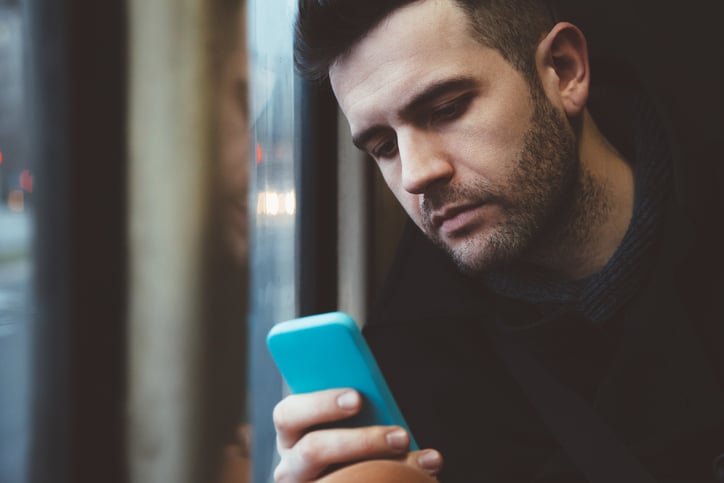How do you know if you have a gambling problem?
If you are worried about whether you have a gambling problem, here are some points to consider and where you can get help

Some people can occasionally gamble without it becoming a problem for them. For others, however, gambling can become a habit and a crutch that is difficult to manage.
There are lots of different ways to gamble. The internet has created new ways to gamble and make gambling much more accessible, which can drive compulsive behaviour and lead to addiction.
What is gambling?
Gambling is when you bet money on a particular outcome. This could be the outcome of a horse race, a football match or even an election. It could also be the outcome of a game, such as poker, or of a spin on a slot machine. People can gamble online or in-person at events or bookmaker’s shops.
Do I have a gambling problem?
If you think you have a gambling problem, it’s important to recognise it and seek help. Ask yourself these things:
- Do you find it hard to stop gambling, even if you’re losing a lot of money?
- Do you think or talk about gambling constantly, to the point that it’s distracting?
- Are you trying to hide your gambling from family and friends, or lie about how much you lose?
- Are you borrowing money or selling possessions, or avoiding paying other things in order to gamble more?
- Does gambling affect your moods a lot? Are you anxious, depressed, nervous, or worried a lot because of your gambling?
Answering yes to any or all of these questions does not necessarily mean you have a gambling addiction, but you may have a problem that it’s important to be aware of, or you may need to talk to someone about it.
What should I do if I think I have a gambling addiction?
The very first and most important step is admitting to yourself that you may have a problem. This may take some time, but the sooner you accept it the sooner you can seek help. Recovery is possible no matter how big the problem seems.
Open up to someone
Telling someone you trust can really help you come to grips with your gambling. If you don’t have a friend or family member you feel like you can be honest with, there are also a number of free and confidential hotlines where you can speak to someone who can help you.
Ask for help
Be willing to let people help you—whether that’s helping you to control your money, going to a Gamblers Anonymous meeting, or just helping you talk through your feelings, you don’t need to do everything by yourself.
Avoid locations and situations in which you might be tempted to gamble
You can’t break those bad habits if you’re not changing anything, so stay away from those triggers—walk home a different way if you normally pass a betting shop; don’t hang out with friends who encouraged you to gamble, etc.
Be patient
Take things one day at a time, and don’t expect to be able to stop right away. Gambling is a compulsive behaviour, so it’s hard to stop for a lot of reasons. Remember to be gentle with yourself while you re-learn good habits.
There are a number of services you can turn to. Read about them here.
For more information and for problem gambling resources:
- Gamblers Anonymous hold meetings around the country.
- Samaritans also provide confidential advice and help. You can call them on 116 123.
- Find a full list of support services here
Feeling overwhelmed and want to talk to someone?
- Get anonymous support 24/7 with our text message support service
- Connect with a trained volunteer who will listen to you, and help you to move forward feeling better
- Whatsapp us now or free-text SPUNOUT to 50808 to begin.
- Find out more about our text message support service
If you are a customer of the 48 or An Post network or cannot get through using the ‘50808’ short code please text HELLO to 086 1800 280 (standard message rates may apply). Some smaller networks do not support short codes like ‘50808’.






